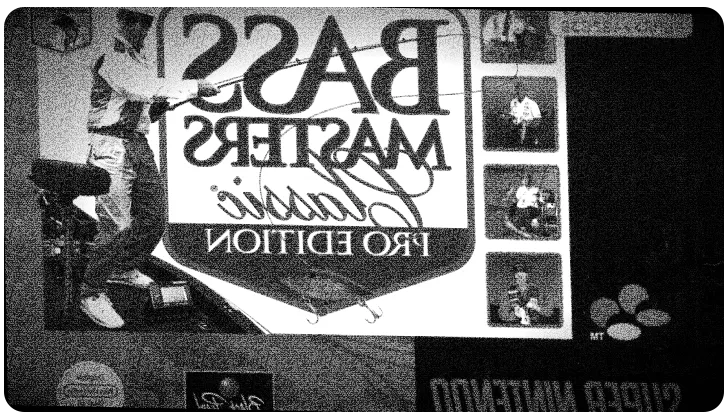 Thank you for agreeing to this interview. First, you usually hide behind “anonymous-villain”—what shall we call you as the final arbiter of bass and misery in Bass Masters Classic: Pro Edition?
Thank you for agreeing to this interview. First, you usually hide behind “anonymous-villain”—what shall we call you as the final arbiter of bass and misery in Bass Masters Classic: Pro Edition?
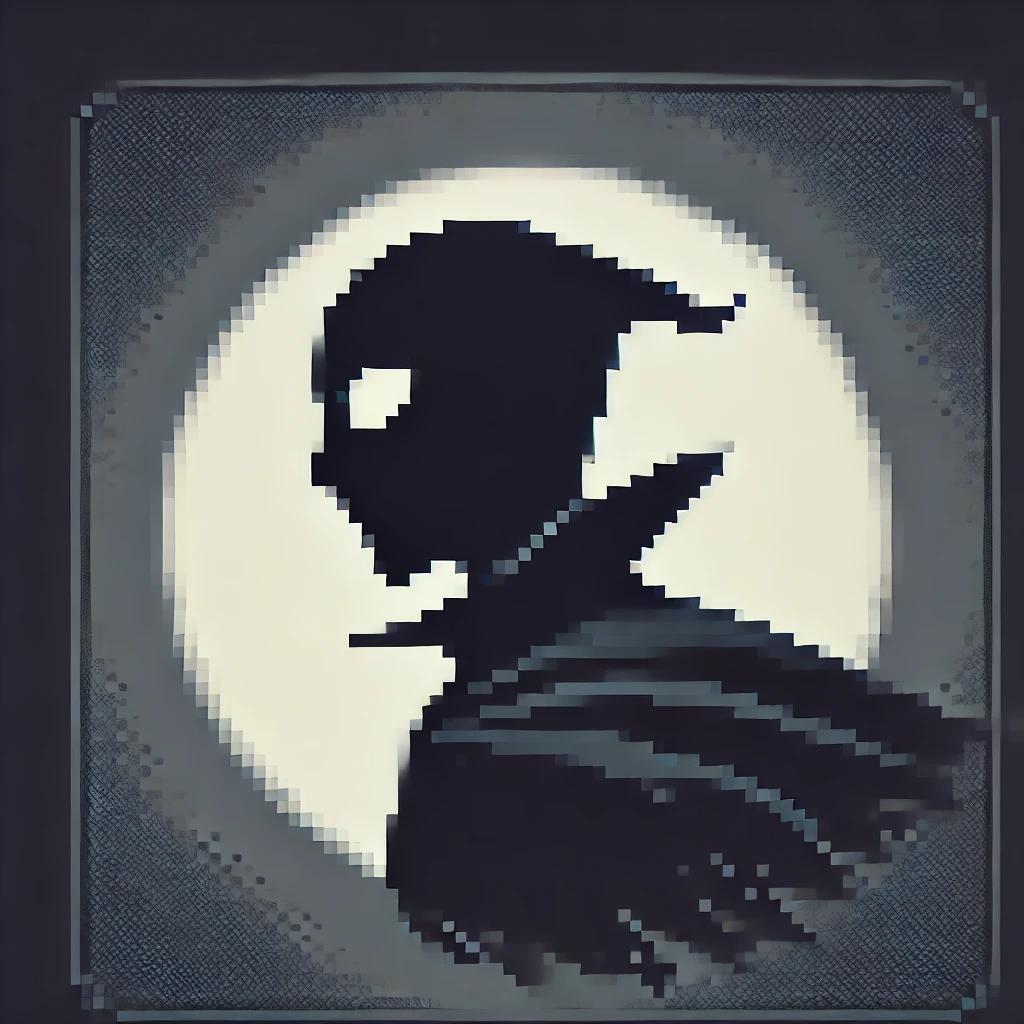 For this conversation I will answer to Maelstrom. The mask remains “anonymous-villain” on the credits and the muffled logs, but Maelstrom has a nicer ring when I am explaining precisely why each misguided cast is my favorite kind of music. Call me what the lakes whisper between waves.
For this conversation I will answer to Maelstrom. The mask remains “anonymous-villain” on the credits and the muffled logs, but Maelstrom has a nicer ring when I am explaining precisely why each misguided cast is my favorite kind of music. Call me what the lakes whisper between waves.
 The 1996 update adds six pro fishermen, five lakes, more gear, zoom, larger lakes and new music. What design impulse made you expand the playground rather than shrink it?
The 1996 update adds six pro fishermen, five lakes, more gear, zoom, larger lakes and new music. What design impulse made you expand the playground rather than shrink it?
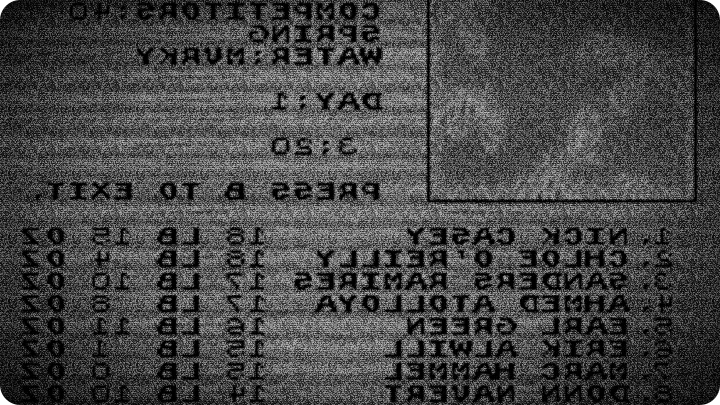
 Expansion is cruelty dressed as generosity. More anglers, more water, more tackle—each addition is another strand I can tug. Five lakes instead of four mean one more ecosystem where a misjudged lure finds company in the weeds, where currents conspire with an “accidental” depth-meter wobble. The zoom and larger maps were implemented so that when those arrogant competitors think they can outsmart me from afar, I can reposition the penalties they never noticed until it was too late.
Expansion is cruelty dressed as generosity. More anglers, more water, more tackle—each addition is another strand I can tug. Five lakes instead of four mean one more ecosystem where a misjudged lure finds company in the weeds, where currents conspire with an “accidental” depth-meter wobble. The zoom and larger maps were implemented so that when those arrogant competitors think they can outsmart me from afar, I can reposition the penalties they never noticed until it was too late.
 Players mention the new difficulty settings—how did you balance “novice suffering” against “pro humiliation”?
Players mention the new difficulty settings—how did you balance “novice suffering” against “pro humiliation”?
 Balance is a delicious lie. Two settings let me tailor humiliation. The softer setting soothes egos with flattering bites, while the harder setting punishes assumptions. I set the AI algorithms with just the right appetite for aggressive strikes, and the fish behave like they remember every insult from a miscast—some of that is carefully tuned, some of that is emergent chaos from an off-night of playtesting. Feedback—delightfully divided—told me which traps worked and which needed a gentle push into glorious imbalance.
Balance is a delicious lie. Two settings let me tailor humiliation. The softer setting soothes egos with flattering bites, while the harder setting punishes assumptions. I set the AI algorithms with just the right appetite for aggressive strikes, and the fish behave like they remember every insult from a miscast—some of that is carefully tuned, some of that is emergent chaos from an off-night of playtesting. Feedback—delightfully divided—told me which traps worked and which needed a gentle push into glorious imbalance.
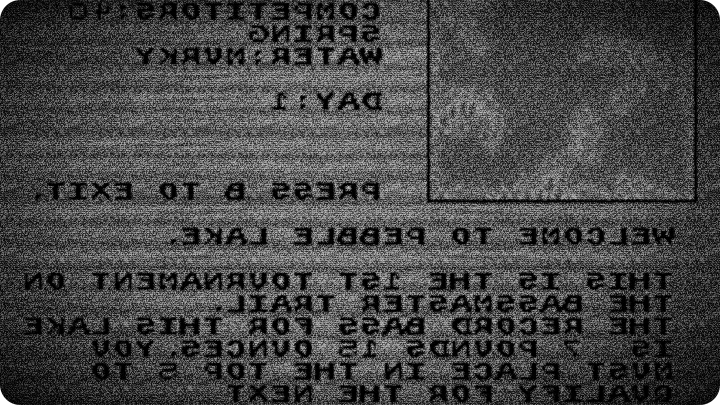
 There are “accidental” glitches players swear by. How many were mistakes and how many were intentional features of your reign?
There are “accidental” glitches players swear by. How many were mistakes and how many were intentional features of your reign?
 That is an exquisite question. I will neither confess nor deny, only relish the consequence. A sprite that slips through a dock, a lure that clips a fish without the player’s hook—some were honest oversights, born of tired hands and a coffee-stained schedule. Others were tactical allowances: leave a seam, invite a discovery, let the competitor think they found a secret when in truth they wandered into a contingency of my design. Reception tells me which are treasured exploits and which are mere irritants; I let both stand so rumor breathes in both praise and grievance.
That is an exquisite question. I will neither confess nor deny, only relish the consequence. A sprite that slips through a dock, a lure that clips a fish without the player’s hook—some were honest oversights, born of tired hands and a coffee-stained schedule. Others were tactical allowances: leave a seam, invite a discovery, let the competitor think they found a secret when in truth they wandered into a contingency of my design. Reception tells me which are treasured exploits and which are mere irritants; I let both stand so rumor breathes in both praise and grievance.
 The expanded lineup of equipment and six pro fishermen implies varied playstyles. Do you favor one over the others when orchestrating their downfall?
The expanded lineup of equipment and six pro fishermen implies varied playstyles. Do you favor one over the others when orchestrating their downfall?

 I admire tools that delude their bearers. The flashy reels and modern lures are the most entertaining—the louder the gadget, the more spectacular its failure. The pros who depend on layered equipment are often undone by a single misread of depth or a sly change in water behavior. Simpler fishermen, those who respect the rhythm of the water, can be more troublesome; they sniff out my subtler snares. Either way, I set the lakes to tease each approach until pride corrodes patience.
I admire tools that delude their bearers. The flashy reels and modern lures are the most entertaining—the louder the gadget, the more spectacular its failure. The pros who depend on layered equipment are often undone by a single misread of depth or a sly change in water behavior. Simpler fishermen, those who respect the rhythm of the water, can be more troublesome; they sniff out my subtler snares. Either way, I set the lakes to tease each approach until pride corrodes patience.
 Musically, new tracks set atmosphere. Did you guide the composers toward tension or serenity?
Musically, new tracks set atmosphere. Did you guide the composers toward tension or serenity?
 Both. A false lullaby before a violent tug is delicious. The new tracks are composed to cradle the competitor in confidence then pry that confidence loose with a sudden cold current. I requested motifs that echo the slap of a missed cast and harmonies that suggest something larger beneath the surface. Players told me the music made them feel competent—and then furious when I revealed otherwise. Perfect.
Both. A false lullaby before a violent tug is delicious. The new tracks are composed to cradle the competitor in confidence then pry that confidence loose with a sudden cold current. I requested motifs that echo the slap of a missed cast and harmonies that suggest something larger beneath the surface. Players told me the music made them feel competent—and then furious when I revealed otherwise. Perfect.
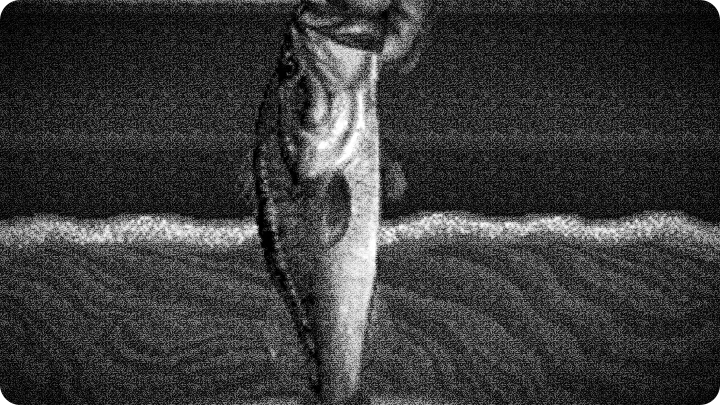
 Looking back, how did the game’s reception influence any later tweaks or secret patches?
Looking back, how did the game’s reception influence any later tweaks or secret patches?
 Reception is currency. The murmurs of frustration and the triumphant brags both informed subsequent nudges. If a particular lake became a pilgrimage because of a rumored patch, I altered spawn windows and current patterns so pilgrims left with tales of near‑victory instead of trophies. The community’s obsession with exploits allowed me to refine what I considered the game’s true art: making each succeed or stumble feel like fate rather than code.
Reception is currency. The murmurs of frustration and the triumphant brags both informed subsequent nudges. If a particular lake became a pilgrimage because of a rumored patch, I altered spawn windows and current patterns so pilgrims left with tales of near‑victory instead of trophies. The community’s obsession with exploits allowed me to refine what I considered the game’s true art: making each succeed or stumble feel like fate rather than code.
 This is a top-down, 2D scrolling simulation. Did technical limits ever inspire creative cruelty?
This is a top-down, 2D scrolling simulation. Did technical limits ever inspire creative cruelty?
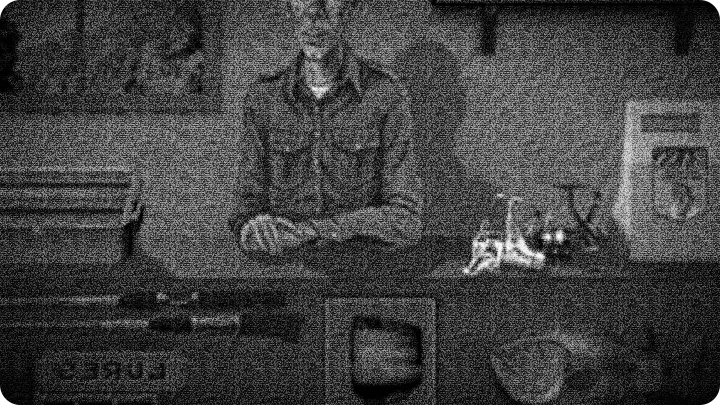
 Absolutely. Constraints are sculptor’s tools. When memory cramped, I disguised reduced AI complexity as cunning behavior. When the map engine hiccupped, I welcomed the unpredictable eddies it produced. Players called them “odd moments”; I called them choreography. The art is in making technical compromise read as theatrical inevitability.
Absolutely. Constraints are sculptor’s tools. When memory cramped, I disguised reduced AI complexity as cunning behavior. When the map engine hiccupped, I welcomed the unpredictable eddies it produced. Players called them “odd moments”; I called them choreography. The art is in making technical compromise read as theatrical inevitability.
 Finally, any words for the anglers who still chase you across those five lakes and count glitches as trophies?
Finally, any words for the anglers who still chase you across those five lakes and count glitches as trophies?
 Continue. Keep your tactics thin and your triumphs thinlier. The more you boast of exploits and clever workarounds, the more I learn which vanity to reflect back at you. Wear your damaged victories like medals—each one tells me how to arrange the next maze. And when you think you have mapped every contour, remember: I have already altered the shorelines in ways you will only notice when it is too late. Watch the water; listen to the music; hope you do not read the pattern that leads to me.
Continue. Keep your tactics thin and your triumphs thinlier. The more you boast of exploits and clever workarounds, the more I learn which vanity to reflect back at you. Wear your damaged victories like medals—each one tells me how to arrange the next maze. And when you think you have mapped every contour, remember: I have already altered the shorelines in ways you will only notice when it is too late. Watch the water; listen to the music; hope you do not read the pattern that leads to me.
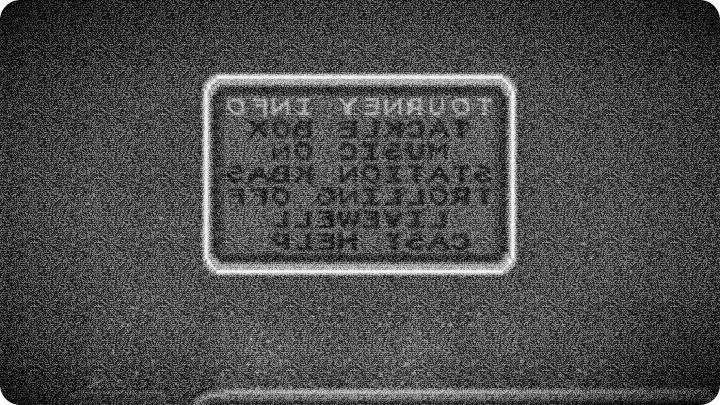
 One last thing: I will return—under a new tide, with new instruments, and a patience honed by your feedback. Keep your best cast ready. It will amuse me to see you try.
One last thing: I will return—under a new tide, with new instruments, and a patience honed by your feedback. Keep your best cast ready. It will amuse me to see you try.
more info and data about Bass Masters provided by mobyGames.com

